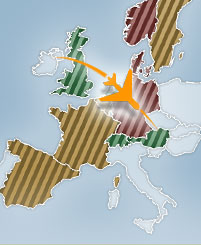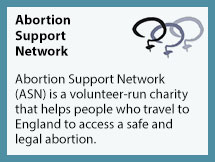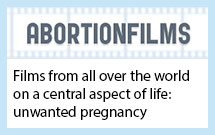Abortion decriminalised in Northern Ireland
BMJ 2019; 367 doi: https://doi.org/10.1136/bmj.l6330
Published November 4, 2019 by Abigail RA Aiken, assistant professor, Fiona Bloomer, lecturer
People and policy makers must now design a truly patient centred service
On 22 October 2019 abortion was decriminalised in Northern Ireland. This historic change followed decades of campaigning, an inquiry by the United Nations Committee on the Elimination of Discrimination against Women, an inquiry by the UK parliament’s Women and Equalities Committee, and numerous legal cases challenging the restricted access to abortion.
Despite being part of the UK, Northern Ireland previously stood alone in relation to abortion. The liberalising 1967 Abortion Act did not extend to Northern Ireland and attempts to do so over the past 50 years were repeatedly thwarted. Legal access to abortion was instead governed by the 1861 Offences Against the Persons Act and case law. This resulted in highly restricted provision, with an average of less than 20 abortions per year within the Northern Irish NHS. In contrast, an average of 800 women per year travelled to England, while hundreds more risked prosecution sourcing abortion medications from online providers.
Evidence and testimony
Abortion decriminalisation was proposed in July 2019 by Labour MP Stella Creasy as an amendment to a parliamentary bill dealing with governance in Northern Ireland, following the suspension of the Northern Ireland Assembly in January 2017. This move forced the UK government to introduce abortion reform in the absence of the assembly. The final content of the bill reflected recommendations made by the United Nations inquiry, which identified Northern Ireland’s abortion restrictions as a grave …
Continued (requires login): https://www.bmj.com/content/367/bmj.l6330.full






